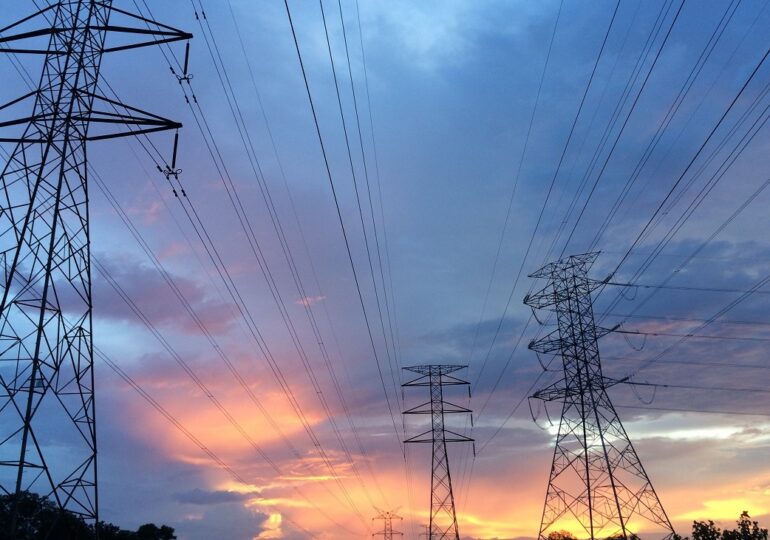A massive power outage that affected millions of people in Spain, Portugal, and France last spring sparked intense debate about the impact of renewable sources on the security of energy systems. Numerous critics blamed solar and wind energy for the disruption, which resulted in, among other things, trains stopping on tracks and people getting stuck in elevators. However, official investigations have shown that the cause was different.
Spain, one of Europe's leaders in renewable energy, obtains approximately 46% of its electricity from solar and wind sources, according to the analysis organization Ember, sometimes even more than 70%, writes NPR in an article discussing how misinformation can undermine public trust in green energies.
The publication quotes a new report from a group of experts among European electricity network operators explaining what happened last year. According to this report, for the first time in Europe, a sudden increase in voltage caused the massive power outage.
Voltage must remain within precise limits for an electric grid to function. Although there were several errors, the issue was not an excess of solar or wind energy on the grid, says Chris Rosslowe, a senior energy analyst at Ember who did not participate in drafting the report.
"It contradicts the numerous claims we have seen stating that an excessive reliance on renewable energies was the cause. That is clearly false," Rosslowe says.
However, these claims did have an impact. According to a new survey, the majority of Spaniards believe at least one false theory about the outage, with the most widespread being the idea that an excessive dependence on renewable energy was to blame.
What happened before the outage
The new report from experts within European electricity network operators identified several triggering factors shortly before the power interruption.
First, there were oscillations, sudden fluctuations in energy flow, which affected the grid. Their exact cause is still unclear.
The main grid operator in Spain took measures to control the oscillations, including reducing the amount of energy sent to France.
Although these actions mitigated the oscillations, they led to a sudden increase in voltage. As a result, transformers and power plants shut down automatically.
Neither the expert group's report nor other recent analyses by the Spanish government and the main grid operator indicate that reliance on solar or wind energy caused the outage.
Critics of green energy's argument: lack of inertia
When critics of renewable energy blamed the sun or wind for the outage, many used one word: inertia.
Michael Shellenberger, a long-time critic of renewable energies and supporter of nuclear energy with 1.4 million followers on X, wrote on the day of the outage:
"The media says renewable energies do not cause power outages. But here it happened... it is clear that too little inertia, due to an excess of solar energy, led to the system's collapse." The word "inertia" was used by most who blamed green energy for the spring incident.
Inertia is important for the electric grid as it stabilizes sudden frequency fluctuations. Gas, coal, or nuclear power plants use large rotating turbines to generate electricity and create inertia.
Modern sources like wind, solar, and batteries do not involve inertia as they are digitally controlled.
Shellenberger's hypothesis was refuted even by Spain's main grid operator, Red Eléctrica.
Impact of disinformation about renewable energies
According to the cited source, false claims that excessive dependence on solar and wind energy caused the outage in Spain and Portugal are part of a broader attack on renewable energies.
Shortly after the power went out in Spain, Climate Action Against Disinformation, a coalition of non-profit organizations, conducted a survey questioning 1,200 people in Spain and 1,200 in the United Kingdom – as many in the UK followed the news about the incident.
The survey showed that 7 out of 10 Spaniards and 6 out of 10 Britons believed at least one false theory about the causes of the outage, most commonly that excessive reliance on renewable sources was to blame.
According to experts, solar and wind resources have already proven to be part of a reliable grid, with the key being the combination of solar and wind energy with batteries to store excess energy during the day and release it in the evening when demand remains high.
C.S.

